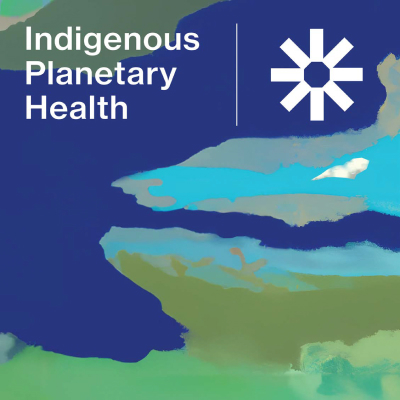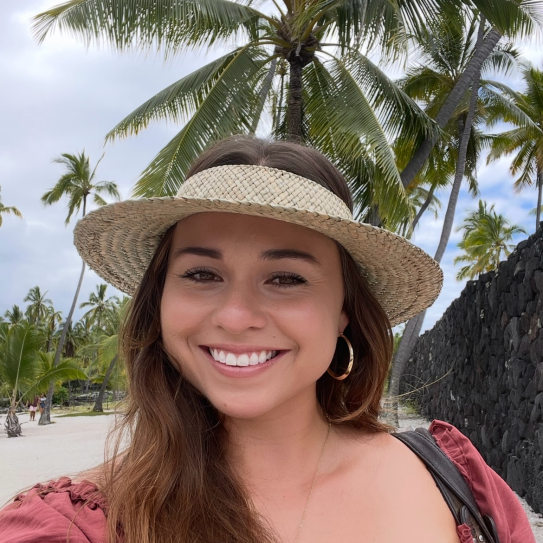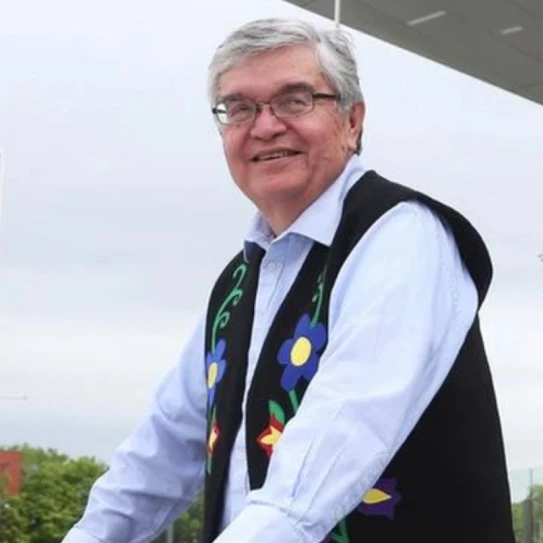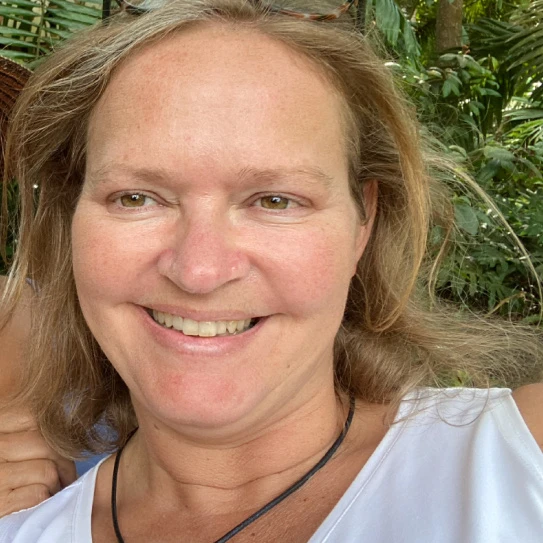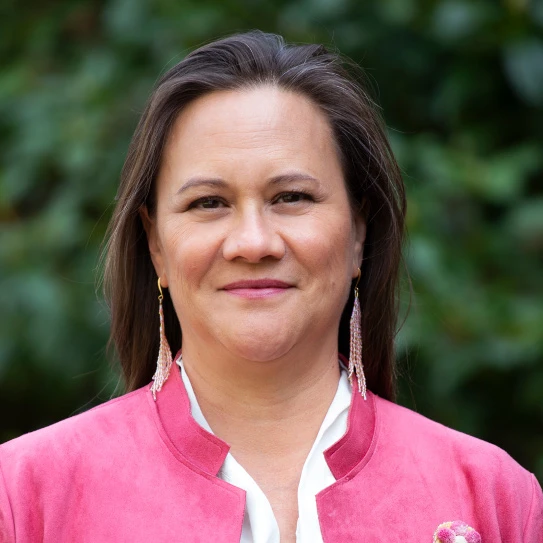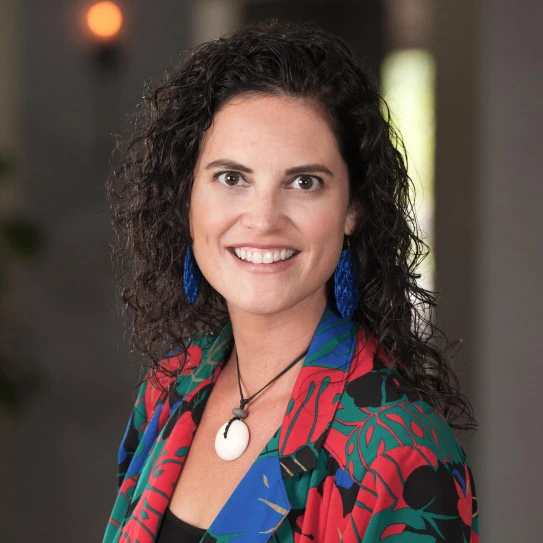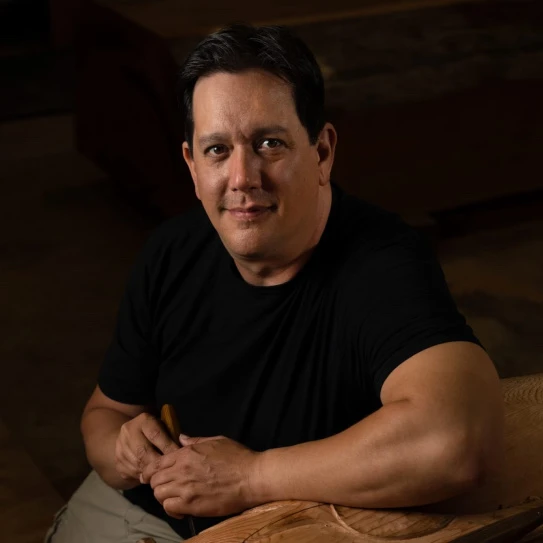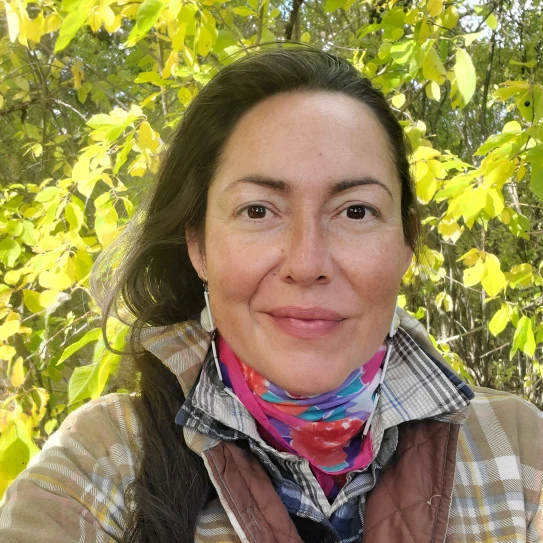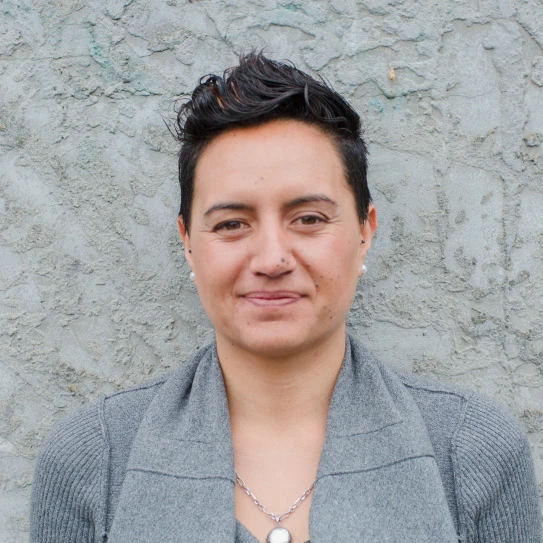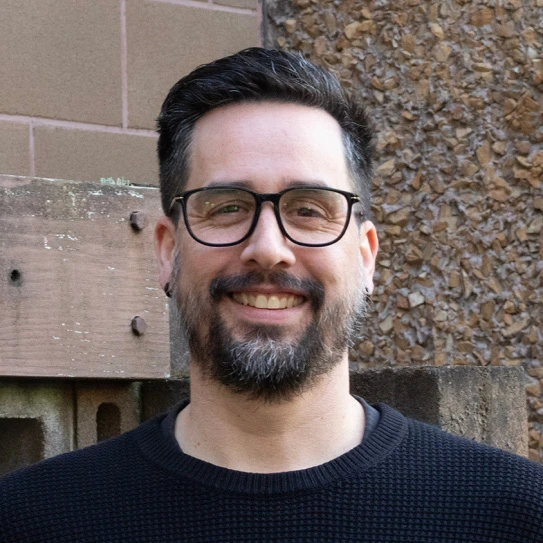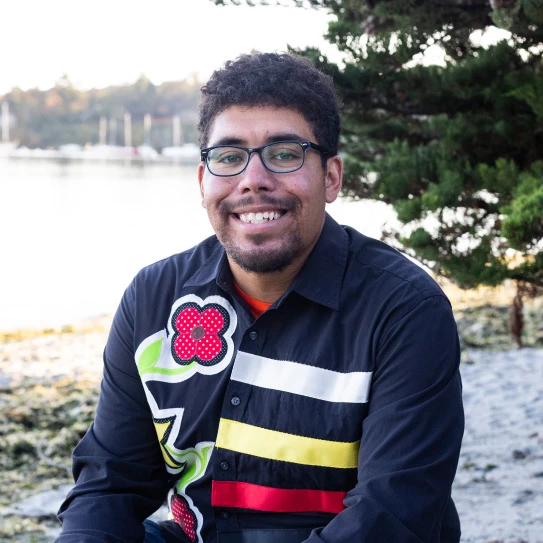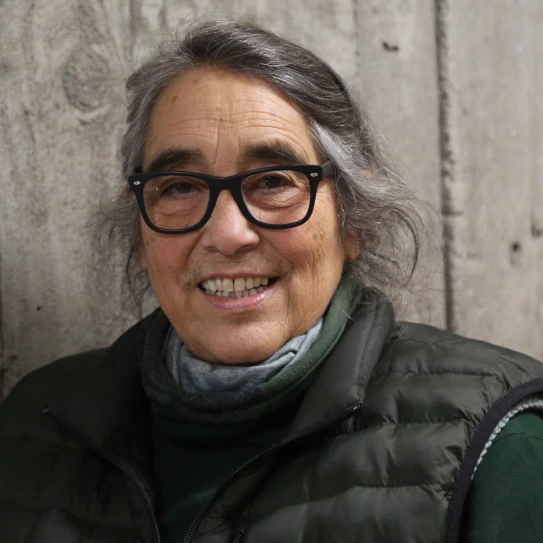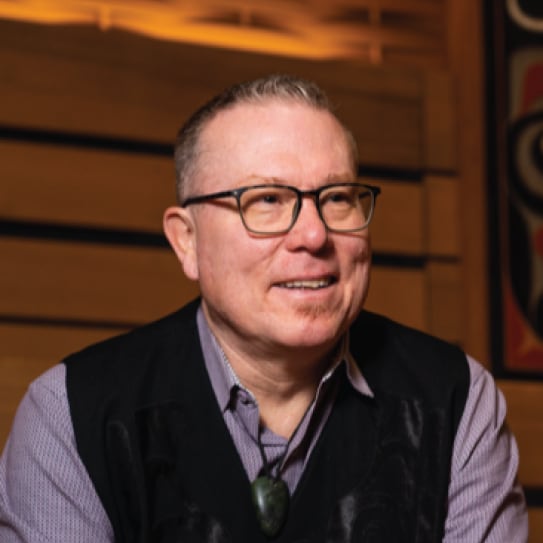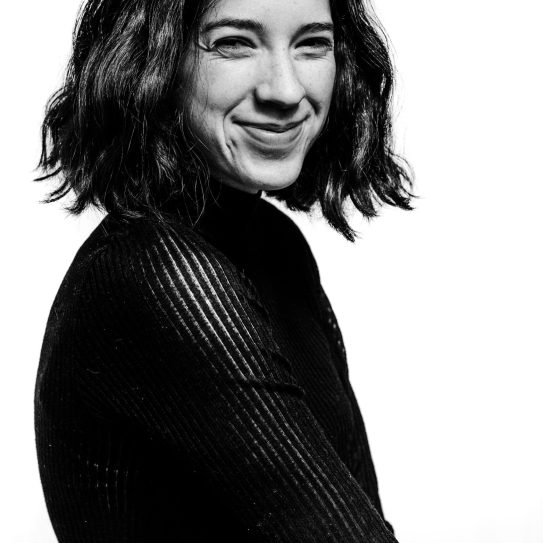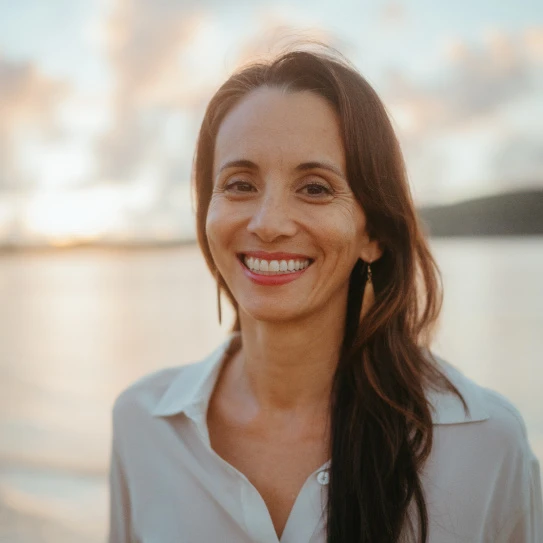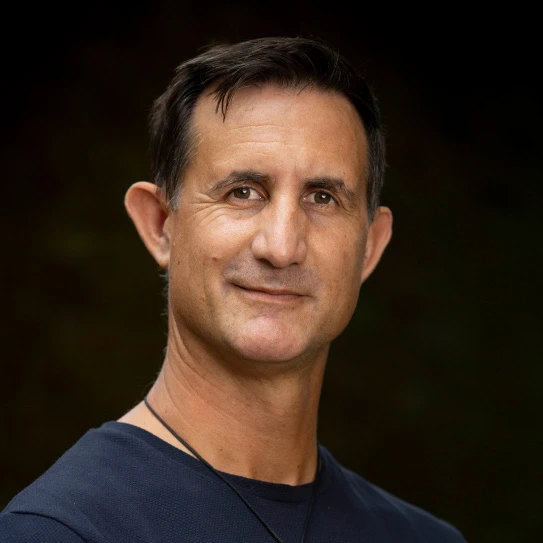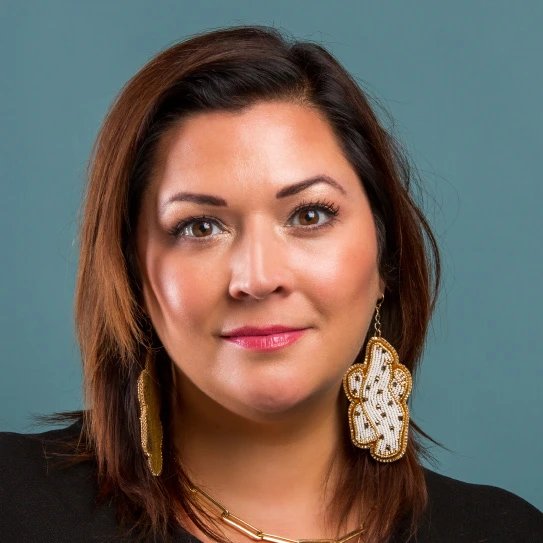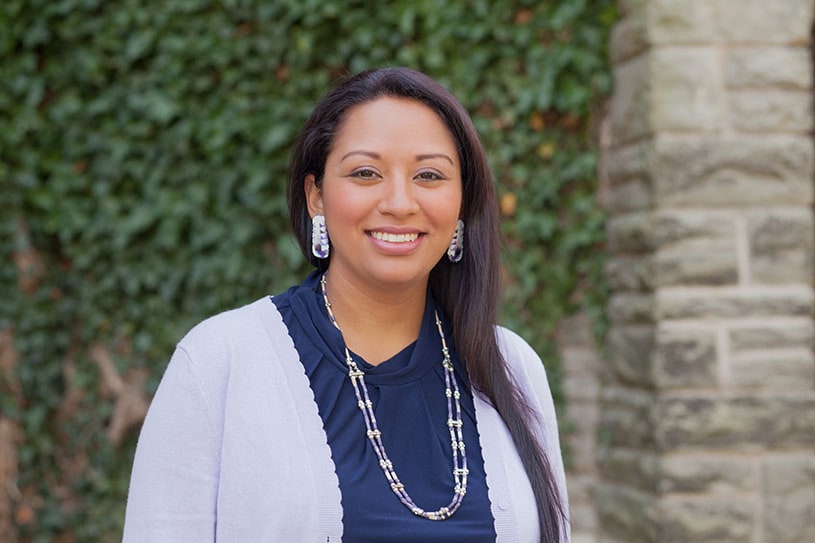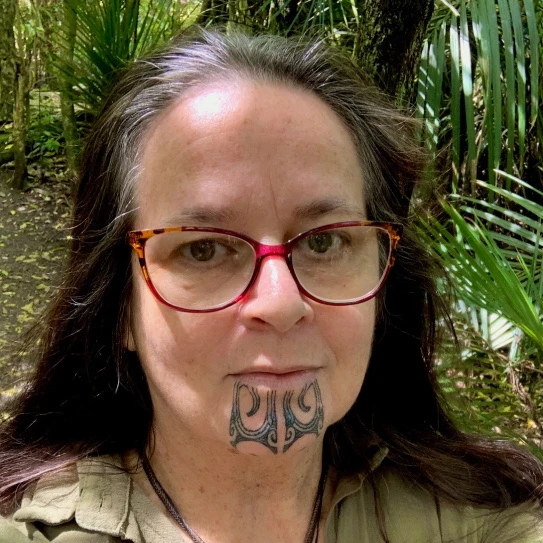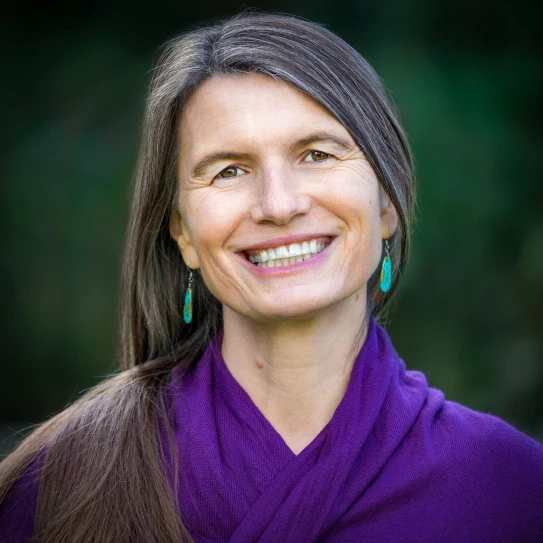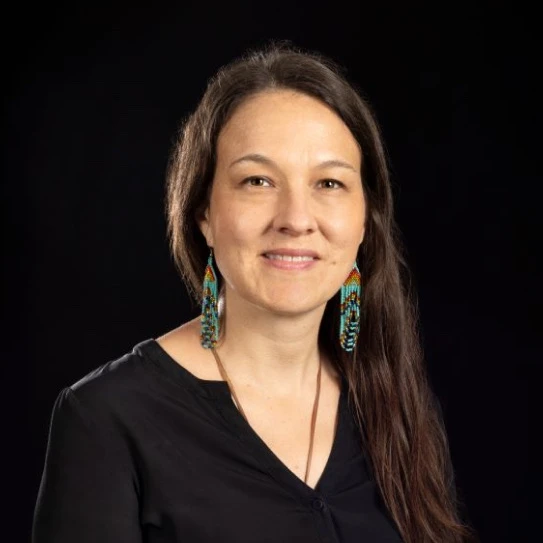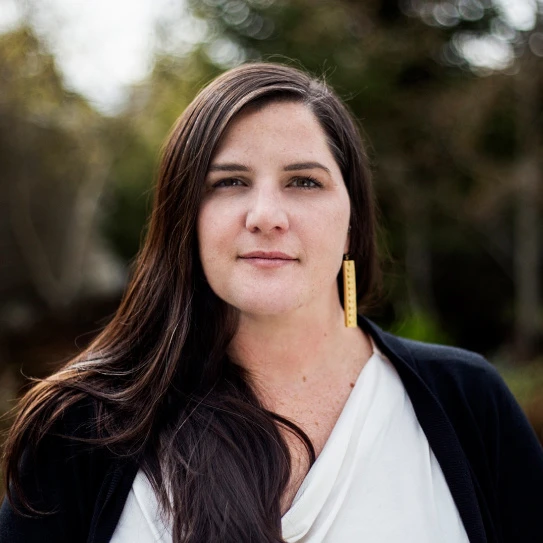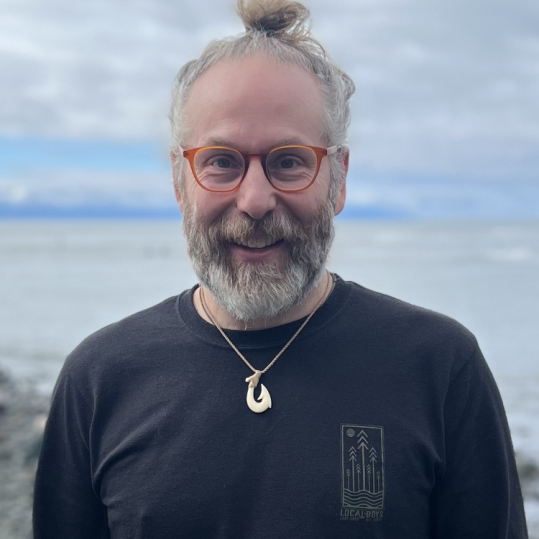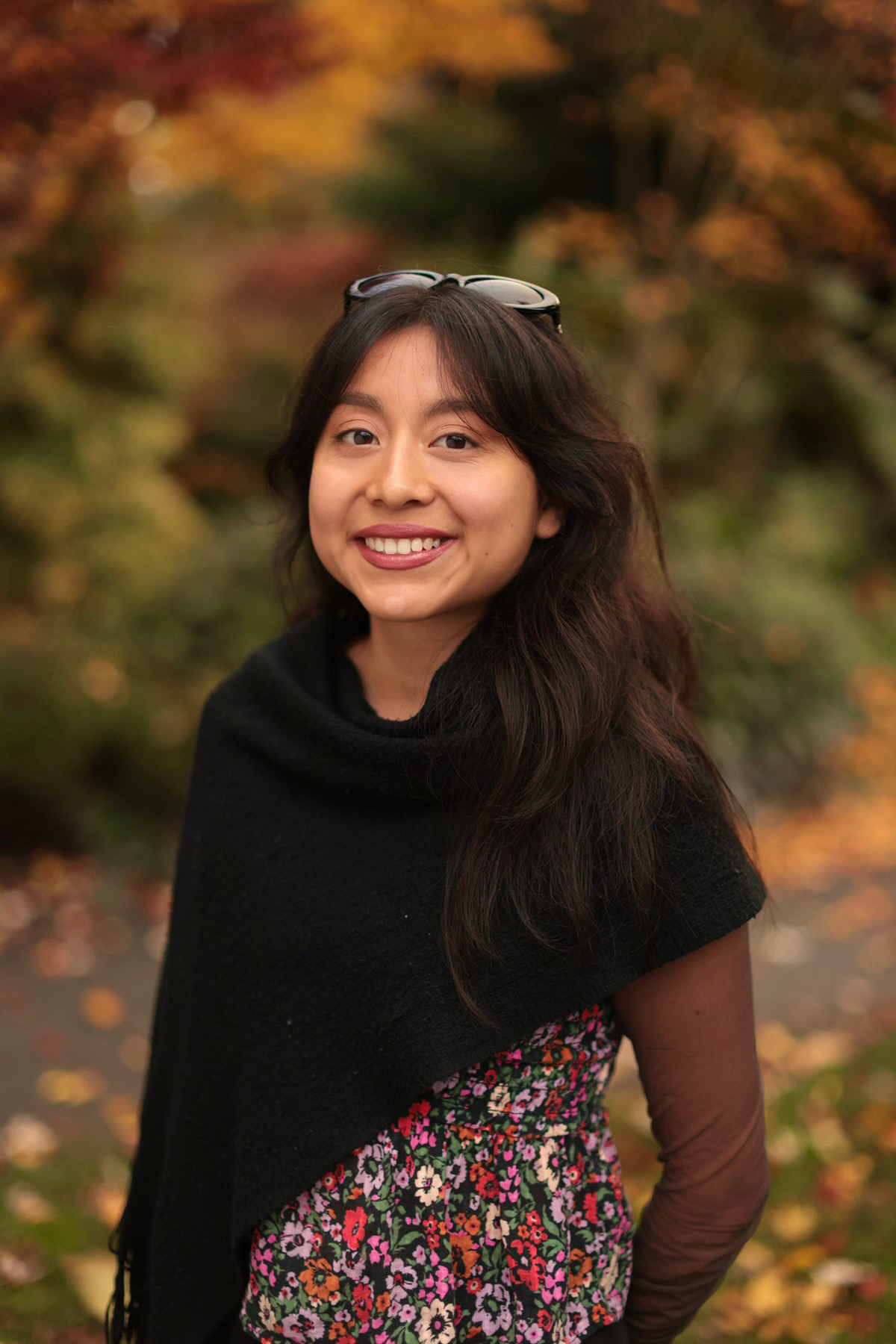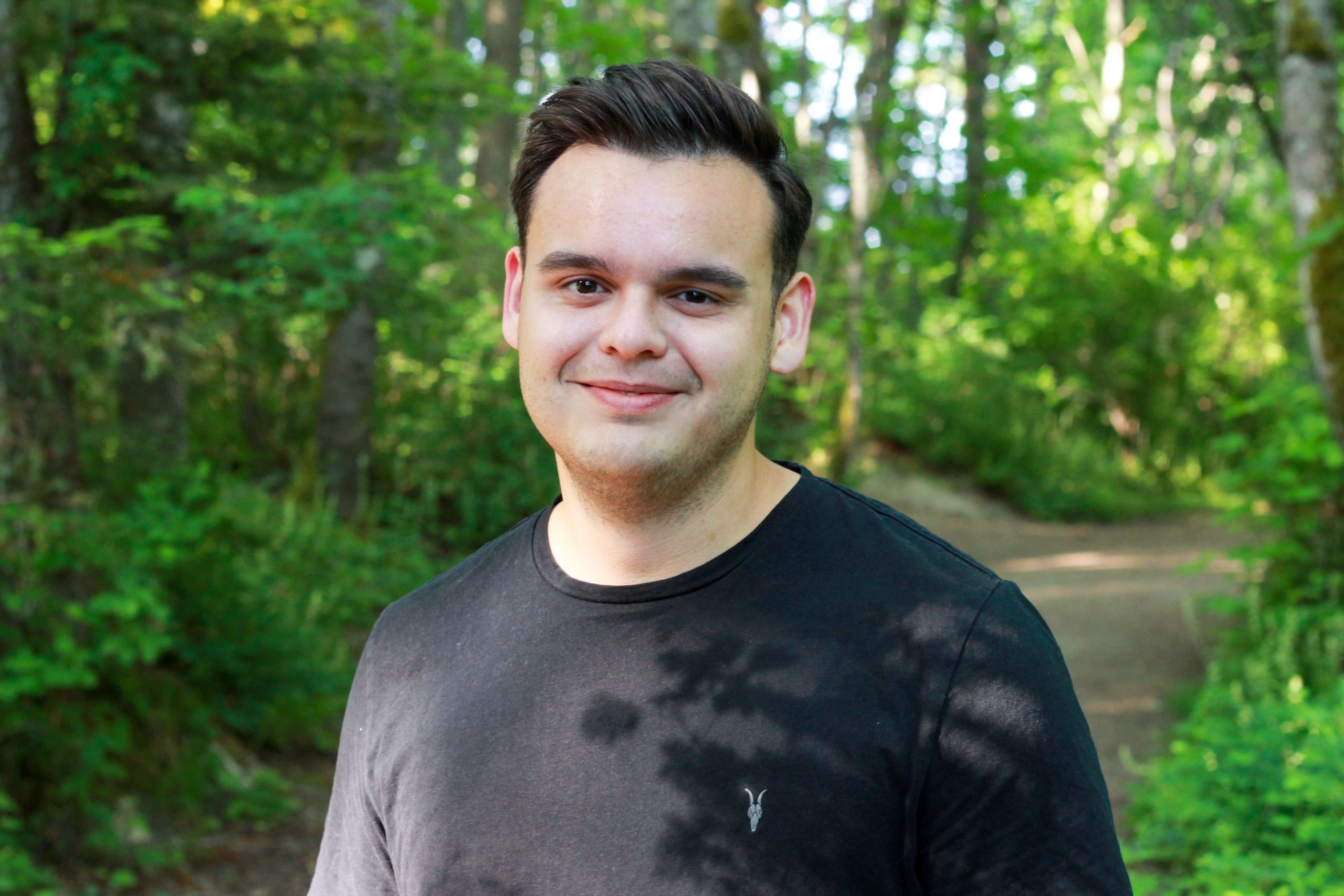Podcast: Play in new window | Download
In this episode, Heather Castleden and guest host, Carey Newman, speak with Dr Heidi Kiiwetinepinesiik Stark. Dr Stark shares how she came into academia through a desire to learn her language and how she began to study law because her generation saw promise around the liberatory aspects of the court systems in Canada and the US. She recognizes, as well, how her generation has “stood on the shoulders of giants” of their Elders and how she and others are now clearing new pathways for the next generation to seek justice and resurgent futurities. She also engages with the Anishinaabe philosophy of Mino-Bimaadiziwin as an essential approach to planetary health.
Dr. Stark is a Turtle Mountain Anishinaabekwe and an associate professor in the School of Indigenous Governance at the University of Victoria. At the time of this interview, she was the director of the Centre for Indigenous Research and Community-Led Engagement (CIRCLE). Dr. Stark holds a PhD in American Studies from the University of Minnesota. Her research interests include Indigenous law and governance, Treaty rights and Indigenous political jurisdiction in the United States and Canada. Focused on both Anishinaabe and US/CA law, her recent work explores the criminalization of Indigenous sovereignty, conditions of consent, and gendered violence.
To see some of Dr Stark’s recent work, check out her new co-edited book, Indigenous Resurgence in an Age of Reconciliation with co-host of this podcast, Hōkūlani K. Aikau and Aimée Craft, published with the University of Toronto Press.
This podcast is created by the Impact Chair in Transformative Governance for Planetary Health at the University of Victoria, with production from Cited Media. We are supported by grants from the Canadian Institutes of Health Research and the Social Sciences and Humanities Research Council of Canada. You can find us at https://indigenousplanetaryhealth.ca/
